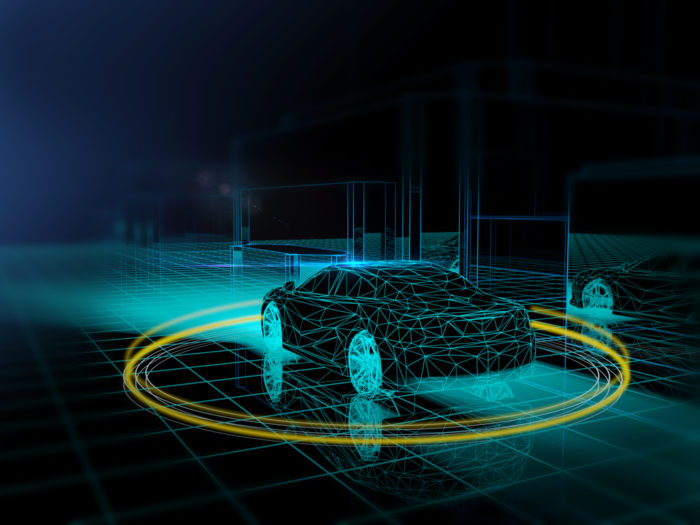American consumers have demonstrated a lack of confidence in the future of self-driving vehicles, according to JD Power’s inaugural Mobility Confidence Index Study.
The score for self-driving vehicles was 36 out of a 100 on the Mobility Confidence Index, with fully-electric vehicles fairing slightly better with a score of 55.
“Out of the box, these scores are not encouraging,” said Kristin Kolodge, executive director, driver interaction and human machine interface research at JD Power. “As auto makers head down the developmental road to self-driving vehicles and greater electrification, it’s important to know if consumers are heading in the same direction. That doesn’t seem to be the case right now. Manufacturers need to learn where consumers are in terms of comprehending and accepting new mobility technologies, and what needs to be done.”
JD Power is aiming for the quarterly study to become a strong indicator of market readiness and acceptance for self-driving and battery-electric vehicles, as seen through the eyes of consumers and industry experts.
JD Power worked with global survey software company SurveyMonkey to conduct the study in which 5,749 consumers were polled about self-driving vehicles and 5,270 about battery-electric vehicles.
Key findings about self-driving vehicles include:
– With an overall score of 36, consumers have a low level of confidence about the future of self-driving vehicles. The lowest scoring self-driving categories were comfort about riding in a self-driving vehicle (34); and comfort about being on the road with others in a self-driving vehicle (35).
– Disparate visions for availability: Experts anticipate self-driving services – public transit, delivery and taxi/ride-hailing – will arrive to market in five to six years, while self-driving vehicles for purchase will arrive in about 12 years. Consumers predict each mobility option will be available in closer to 10 years. Most industry experts forecast it will be 15 or more years before self-driving vehicles have a retail market share of 10%.
– Tech failures, hacking and liability are top concerns: Although consumers are more hopeful than worried (65% vs 34%) about the overall benefit of technology in their lives, 39% aren’t excited about any self-driving technology, including delivery services, public transit, taxi/ride-hailing service and personal vehicles. Serious concerns exist with the development of self-driving vehicles, of which consumers are most worried about tech failures/errors (71%); risk of the vehicle being hacked (57%); and legal liability as a result of a collision (55%).
– Consumers still lack knowledge about self-driving vehicles: The majority (66%) of respondents admit to having little to no knowledge about self-driving vehicles. Gen Z1 expresses the most knowledge, while Boomers express the least. Nearly three-quarters (71%) of consumers are more likely to purchase or lease a self-driving vehicle if they have a great deal of knowledge, but consideration dips to 25% for those who state they know nothing at all about them.
– Safety perceptions differ with age, knowledge: Overall, consumers are split on whether self-driving vehicles will improve traffic safety (40% better vs 40% worse). Younger generations are more confident that safety will improve (52% of Gen Z, 45% of Gen Y), but 49% of Boomers think it will be worse than today. Consumers who say they know a great deal or a fair amount about self-driving vehicles believe such vehicles will improve traffic safety (59% and 52%, respectively).


